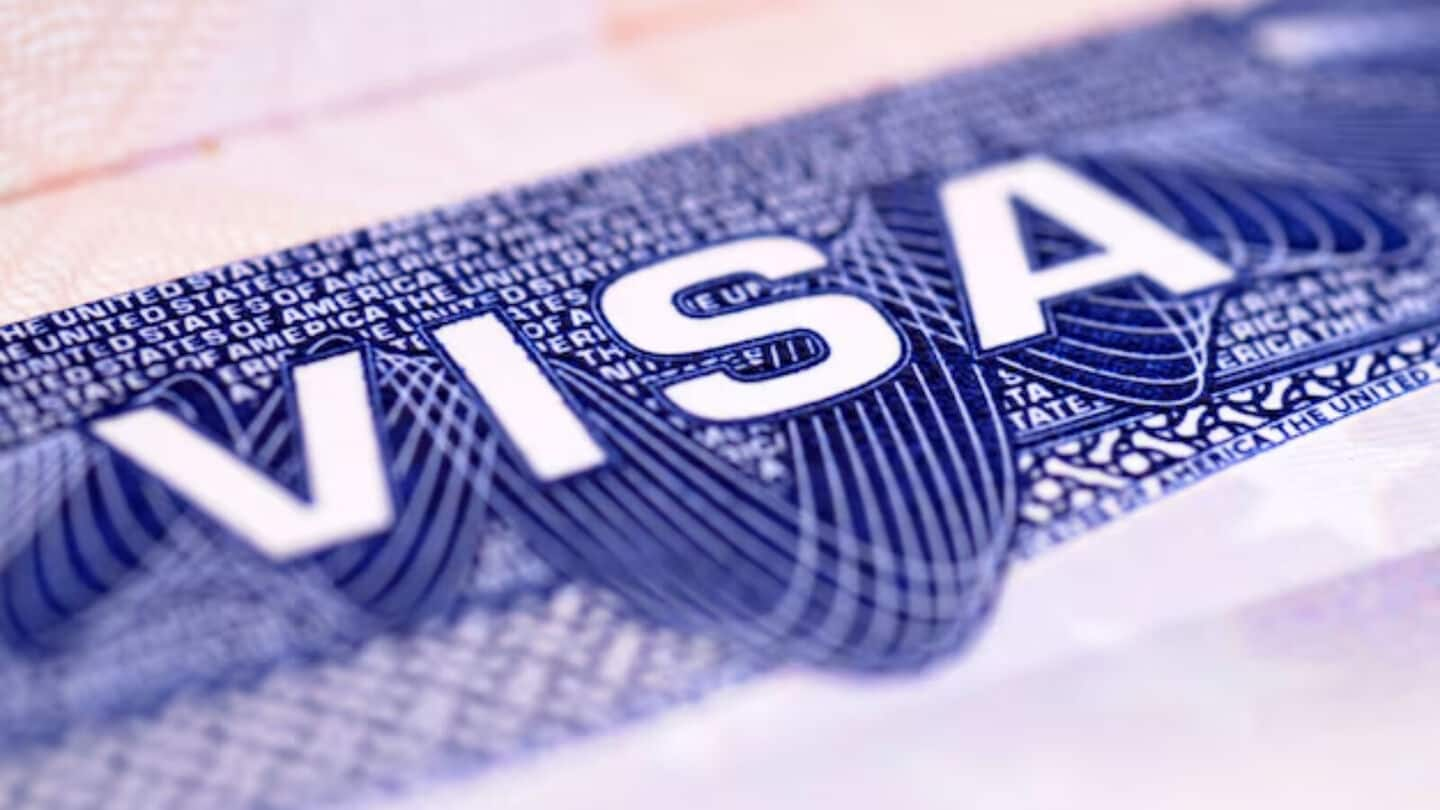
Protests, parking fines: Why your US visa might get canceled
What's the story
International students in the US are at a greater risk of losing their visas than ever before.
Stricter immigration enforcement and policy shifts under the Donald Trump administration have put many students, including Indians at risk.
Visa revocation happens without warning, leaving students and institutions in the dark.
Protests, national security concerns, or even minor infractions like unpaid parking tickets can make you lose your visa.
Rules
Understanding the traditional reasons for US student visa revocation
The F-1 visa lets foreign students study full-time at SEVP (Student and Exchange Visitor Program)-certified schools.
However, even a breach of its stringent conditions—sometimes even without intention—can lead to cancelation or deportation.
Conventional reasons for revocation include not maintaining full-time study, being suspended or expelled from school, and unauthorized employment.
Getting involved in crime or legal trouble, overstaying visa or I-94 violation, inability to fund studies and furnishing false documents/information are other cited reasons.
Problems
New challenges faced by students
Under the current administration, international students have been subject to increased scrutiny over their F-1 visa statuses.
Even minor infractions like traffic violations have resulted in revocations without notice.
Students engaged in pro-Palestinian activism have seen their visas revoked citing threats to national security.
Social media monitoring has also been employed to detect support for groups like Hamas, with revocations based on online activity.
Policy
Country-specific visa policies and their impact
New policies have been introduced that remove visas based on nationality, leaving students from countries like South Sudan affected.
An executive order is also seeking to end birthright citizenship for children born to people on temporary visas.
This can have a big effect on international students who become parents while studying in the US.
Information gap
Lack of communication and increased institutional scrutiny
Many colleges and universities stay unaware when their students' visas are canceled, making it difficult to help those affected.
The Department of Homeland Security (DHS) and Immigration and Customs Enforcement (ICE) have also stepped up audits of school records.
Discrepancies can lead to violations of visa or penalties for school, adding more pressure on institutions to keep an eye on student activism.